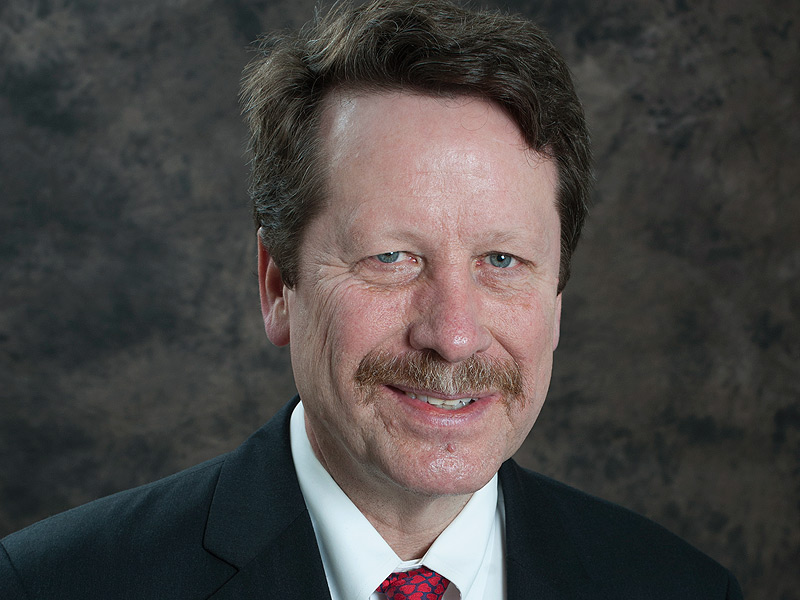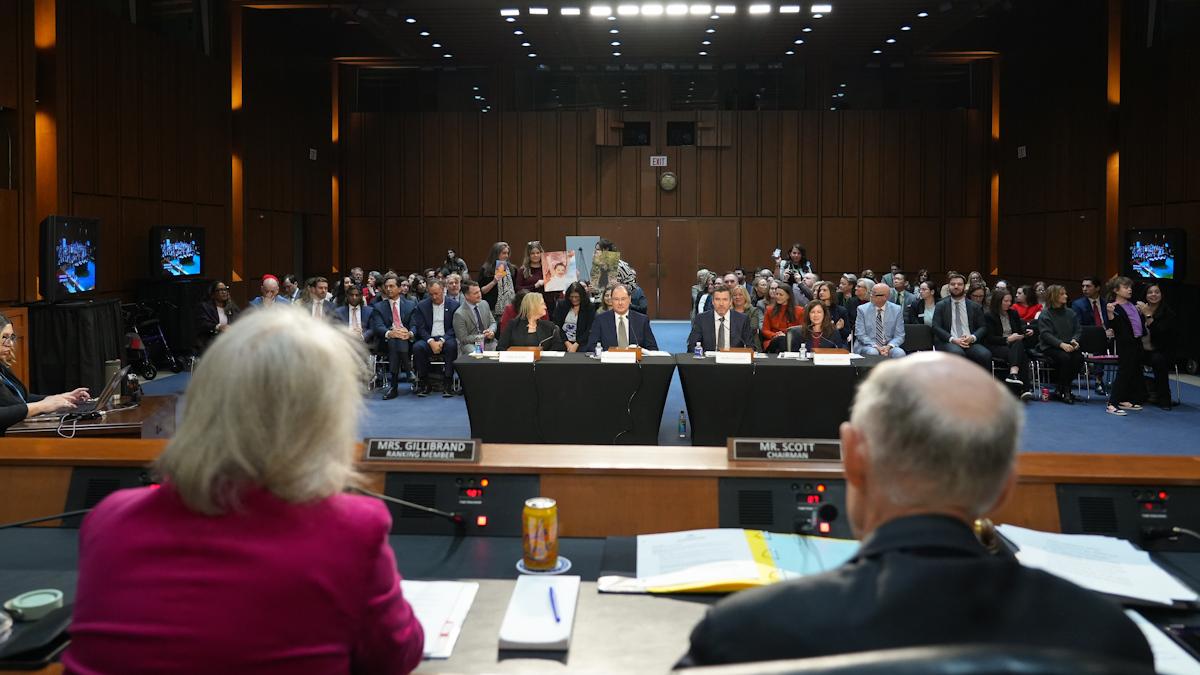Califf breezes through Senate nomination hearing

Robert Califf looks set to take a second term as FDA commissioner after navigating a relatively placid two-hour confirmation hearing in the US Senate, with just a few ripples of discontent over issues like opioid medicines and his ties to the pharma industry.
President Joe Biden's nominated candidate for the post told lawmakers that he would have three main objectives if he gets the job, including shoring up the US's emergency preparedness, modernising and reforming the FDA, and patient and consumer protection.
It covers much of the same ground as his earlier priorities when at the helm of the FDA under the Obama administration in 2016, with a crackdown on manufacturing quality and patient safety before the transfer to the Trump administration ended his stint after just 11 months.
Califf was taken to task over the FDA's record on approving opioid painkillers, and recent approvals of high-dose products, but seemed assuage concerns after promising a review of the situation if he returns to the commissioner role.
He was also questioned over the FDA's accelerated review programme, thrown into the spotlight by the controversial approval of Biogen/Eisai's Alzheimer's drug Aduhelm (aducanumab), and said it would be important to develop a "better system" for evaluating these medicines once on the market.
On the thorny issue of the cost of medicines, Califf told the hearing he was in support of allowing Medicare to negotiate with the industry on pricing.
There was also some discussion of his relationship with pharma, which is worrying some senators including independent Bernie Sanders who said it was time to close the "revolving door" between the FDA and the industry.
"After leaving the FDA in 2017, [Califf] received consulting fees from Merck, Biogen and Eli Lilly," said Sanders.
"According to his financial disclosure form, he owns up to $8 million in the stocks of major drug companies. That is exactly the close relationship big pharma has exploited to regulate the FDA, instead of the FDA regulating them," he added.
Califf has plenty of support however, including from members of the influential Committee on Health, Education, Labour and Pensions (HELP) which will vote on his confirmation ahead of a full Senate vote sometime in the New Year.
HELP chair Senator Patty Murray said the FDA needs strong leadership to continue its work on COVID-19 and to tackle other challenges like the opioid epidemic, youth tobacco use, anti-microbial resistance, and improving health equity.
"Dr Califf has worked on these issues before when he was previously confirmed to lead FDA in an overwhelming bipartisan vote," she added. "I look forward to working with him again to ensure FDA continues to protect families, uphold the FDA gold standard, and put science and data first."
Six former FDA commissioners also endorsed Califf's nomination in a letter to the HELP committee last week, which said confirming his appointment "is critical not only for moving beyond the COVID-19 emergency, but also to help meet FDA's many other major regulatory responsibilities."
The letter went on: "We know that he is deeply committed to public service, to advancing science and clinical evidence, to effective and transparent communication, and to strengthening and modernising the FDA so that it can address the unprecedented public health challenges and opportunities ahead."













